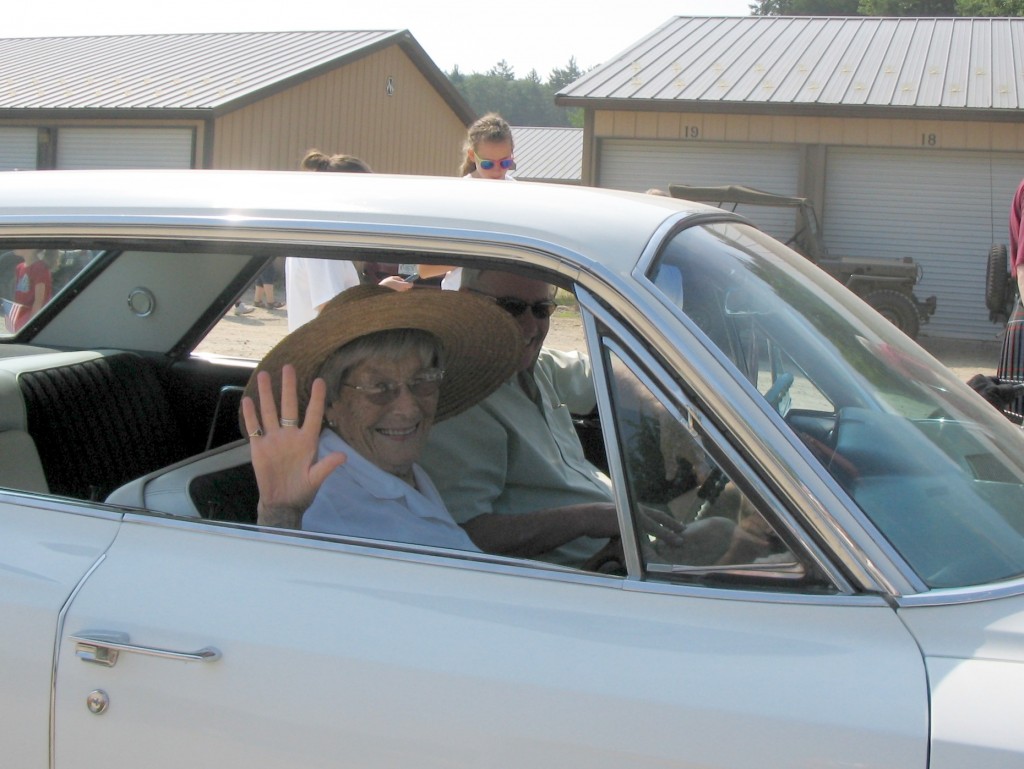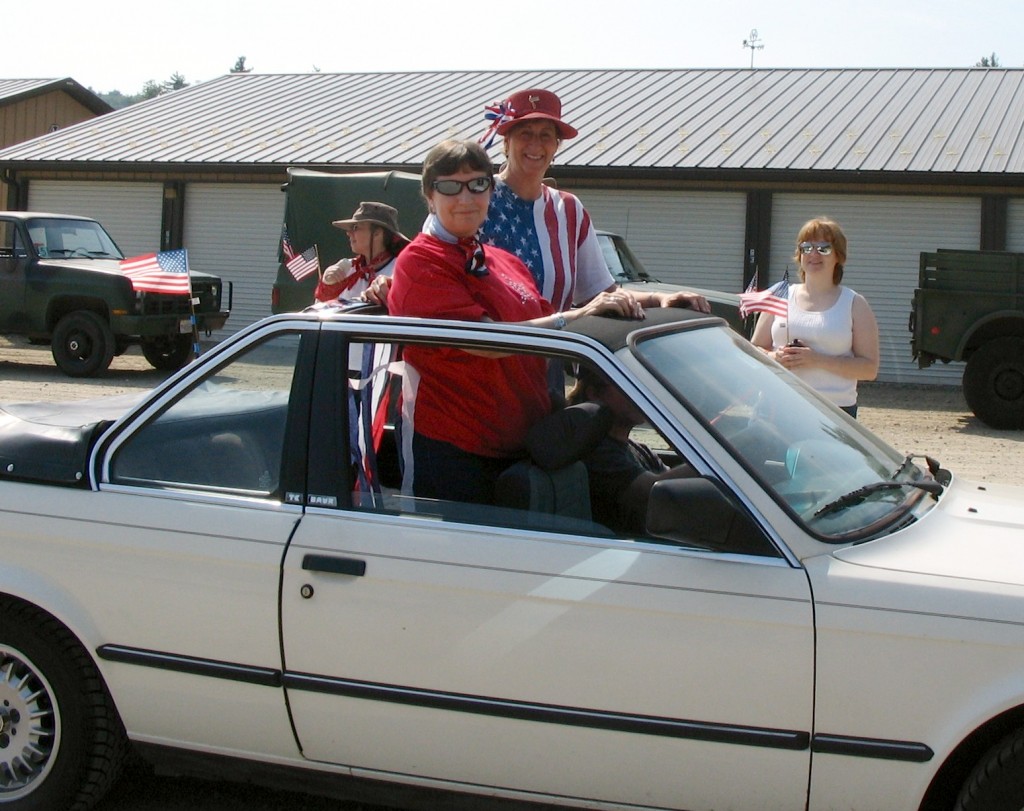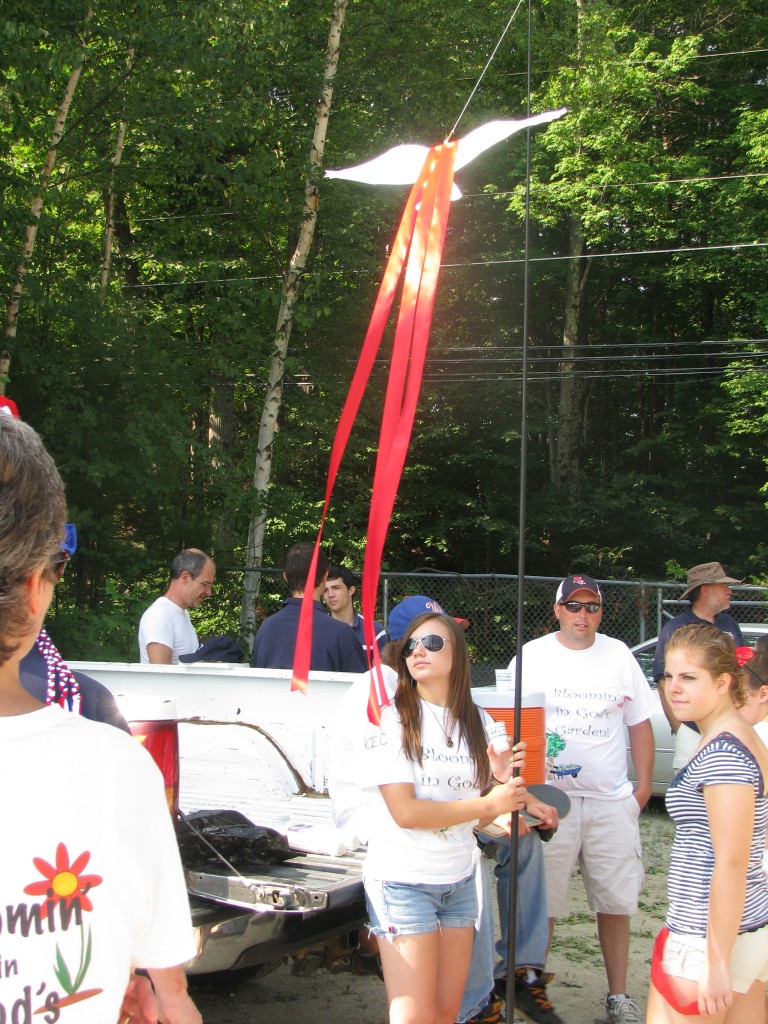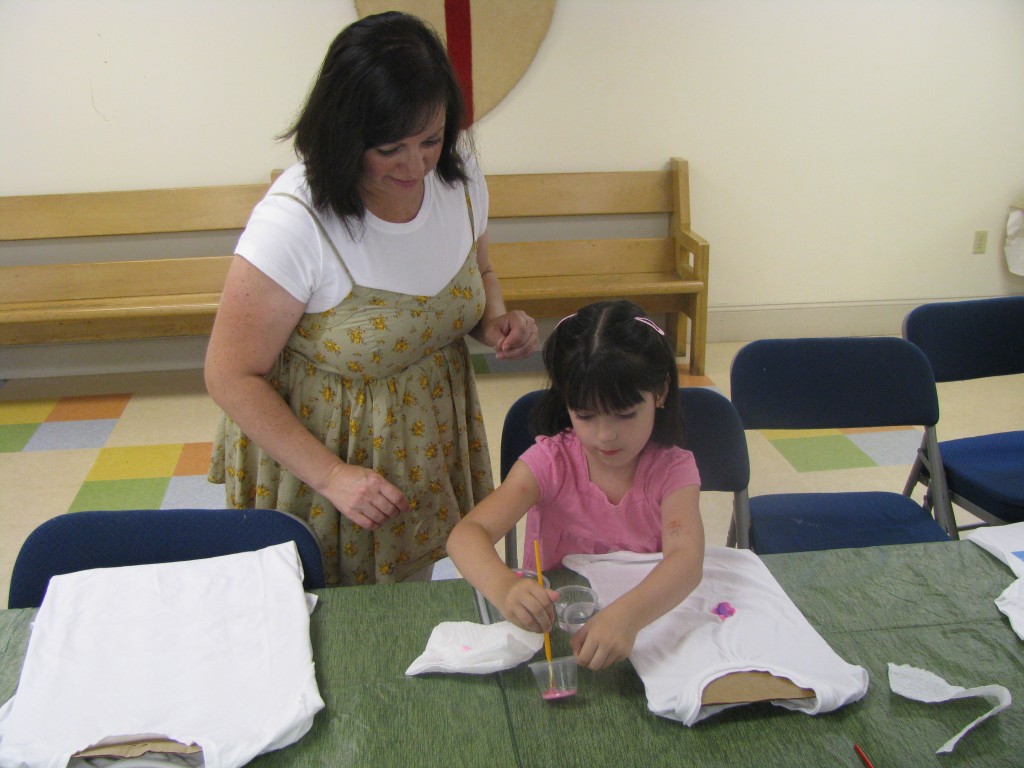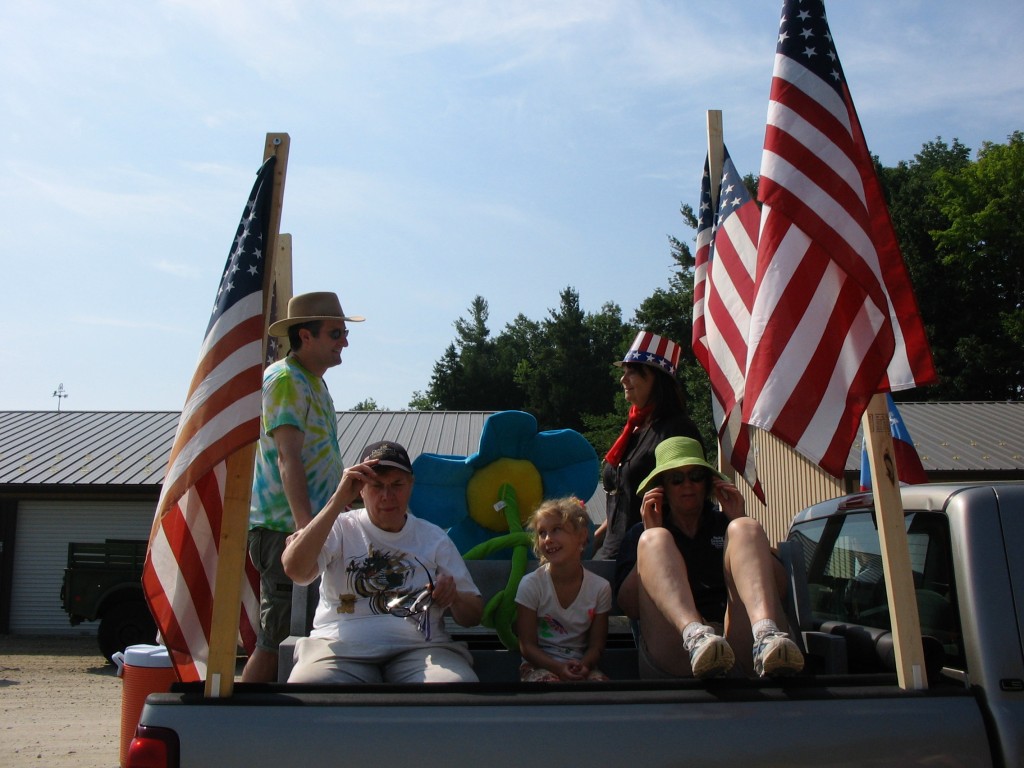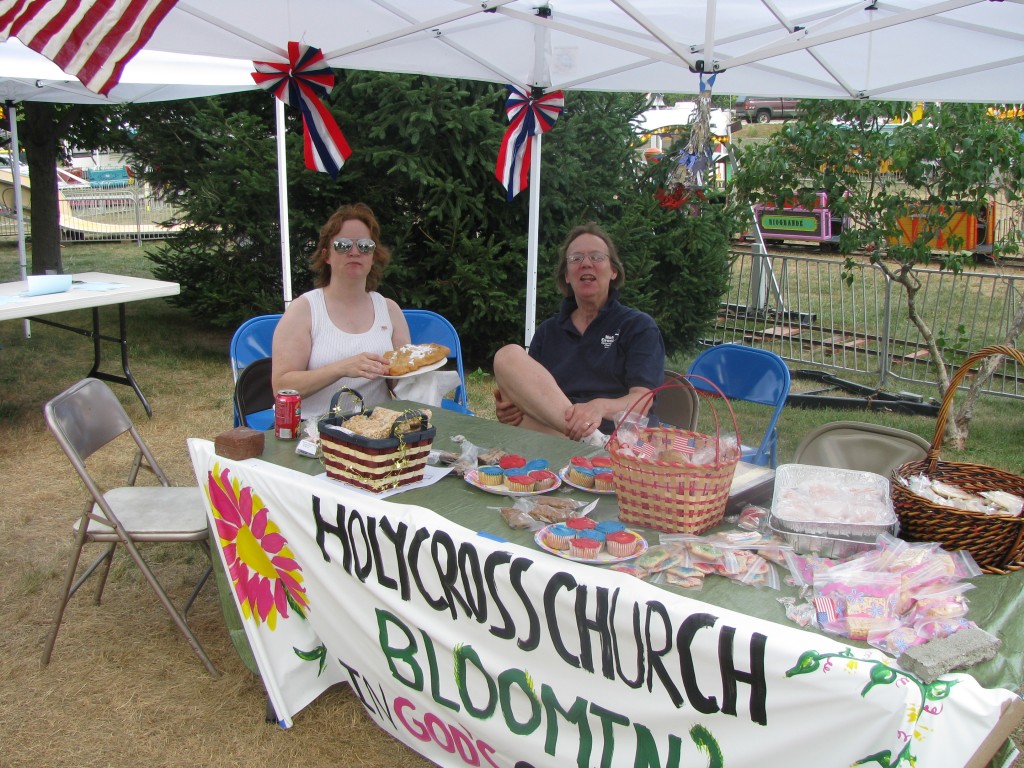Galatians 3:23-29Â Â Â Â Â Â Â Â Â Â Â Â Â Â Â Â Â Â Â Â Â Â Â Â Â Â Â Â Â Â Â Â Â Â Â Â Â Â Â Â Â Â Â Â Â Â Â Â Â Â Â Â Â Â Â Â Â Â Â Â Â Â Â Â Â Â Â Â Â Â Â Â Â Â Â Â Â Â
Luke 8:26-39Â Â Â Â Â Â Â Â Â Â Â Â Â Â Â Â Â Â Â Â Â Â Â Â Â Â Â Â Â Â Â Â Â Â Â Â Â Â Â Â Â Â Â Â Â Â Â Â Â Â Â Â Â Â Â Â Â Â Â Â Â Â Â Â Â Â Â Â Â Â
This morning is an unusual one at little Holy Cross Church. This homily will be preached only at 8:00, the Eucharist that we add in the summer for a handful of people who want to go off and play for the rest of the day. At 10:00, the preacher will be the Reverend Mary Tusuubira. Mother Mary is from the Anglican Church of Uganda. She and her sister were the first two women ordained priest on the continent of Africa. Mother Mary’s husband is also a priest, her brother (killed in a tragic accident last winter) was a bishop. She founded a congregation of Ugandan immigrants in Waltham which grew to 500 and is now doing the same work in Lowell. She supports herself as a caregiver to an elderly woman, sending as much of her earnings as she can back to her husband in Uganda to support his work keeping the orphaned children of AIDS victims together in families in their villages.
So at Holy Cross we hear today’s gospel story of the healing of the Gerasene demoniac against the story of Mother Mary and the Anglican Church of Uganda. St. Luke took the story of the demoniac, like most of the rest of his gospel, from St. Mark’s gospel. Luke wrote 10 or 20 years after Mark, and for a different audience – Gentile converts to Christianity rather than the Jewish Christians for whom Mark wrote. Mark wrote in the aftermath of the Roman takeover of Jerusalem and the destruction of the temple, the scattering of Jewish believers, including the followers of Jesus. His gospel is urgent, a “gospel in time of war.†Mark has no brief for either the Jewish authorities or the Roman occupiers.
Luke wrote for people who had no quarrel with the Romans, who indeed wanted to live peaceably under the Empire. To Luke’s Gentile audience, the destruction of the temple was not of great importance. Luke was writing to set the story of Jesus in a broader historical context, to affirm the faith of a congregation that wanted to understand how their new Christianity fit into the Classical world view.
So in Mark’s account, the fact that the demons possessing this man were “Legion†linked the story to the Roman army occupying Judea. The fact that these demons were driven into swine had significance for Jewish believers, who understood that swine were unclean. And the fact that the story is set in Gentile territory, would have been a sign to Mark’s hearers that the Gospel of Jesus was a challenge to both Jews and Gentiles. But Luke smooths away what he saw as the rough edges of Mark’s account. He is simply interested in presenting a story of the power of faith to heal. His account of the Gerasene demoniac is set in a series of stories about faith, intended to affirm the faith of the new Gentile Christian community.
Christians in Uganda, or Ugandan Christian immigrants in Lowell, similarly stand in a different context from Christians in Holy Cross, Weare, New Hampshire. The Church in Uganda is an amazing story of the power of faith in the face of violence, persecution and martyrdom. Each June 3, the Episcopal Church calendar of saints celebrates the feast of the Martyrs of Uganda. These martyrs were a group of young men, pages in the court of the King of Buganda, one of the tribal groups which the British had put together administratively in their new colony of Uganda. The young men had been Christianized by Anglican and Catholic missionaries, who were allowed to operate among the court circles. Their new faith clashed with some of the cultural ways of their past, leading the King to demand that they recant. They refused and were burnt to death on June 3, 1886.
This martyrdom, however, had entirely the opposite result from what the King intended. The example of the young men, who walked to their death singing hymns and praying for their enemies, so inspired many of the bystanders that they too converted. Within a few years, the original handful of Christians among the elite had multiplied many times and spread far beyond the court. Uganda is now the most Christian nation in Africa, and the most Anglican in the world.
Persecution of Christians was renewed in the 1970s under the Muslim military dictatorship of Idi Amin. Among thousands of Anglican and Roman Catholic martyrs to Amin’s violence was Janani Luwum, Anglican Archbishop of Uganda. Luwum, a gentle and peaceable man, had protested Amin’s rule. He was seized at night and murdered, buried secretly in his ancestral village. But again, as the old saying goes, the blood of the martyrs proved to be the seed of the Church. Luwum was a revered and beloved figure, and his murder focused the world’s attention and led to the overthrow of Amin, further strengthening the Church in what remains a poor country, devastated now by a new enemy, AIDS.
Through history, Christianity (and other religions) flourish when believers call upon their faith to inspire and strengthen them in the face of opposition. The story of Jesus, his courage, his commitment, his willingness to die upon the Cross forgiving his enemies – is a story new in every age and place where violence, tyranny, injustice and oppression flourish. That is why Christianity is so vital today in places like Uganda. It is the seductive comfort of life in America that makes Christian faith seem unnecessary or even impossible to so many. We New Hampshire Episcopalians whine about our budget cut-backs and the inability to find clergy to serve part-time congregations. Mother Mary takes herself off to a distant country to minister for a pittance to her brothers and sisters in need, supporting herself with secular work, sending money back to help with the work of the Church at home.
And so, listening to this morning’s gospel, we must ask: Who in this story of two countries, two continents, two Churches, is possessed by demons? Who lives among the tombs? Who is bound in chains? Who is not in their right mind? Who is in need of healing and liberation? The Gospel of Jesus Christ speaks to all men and women. What does it say to us, in our place and time, here today?
